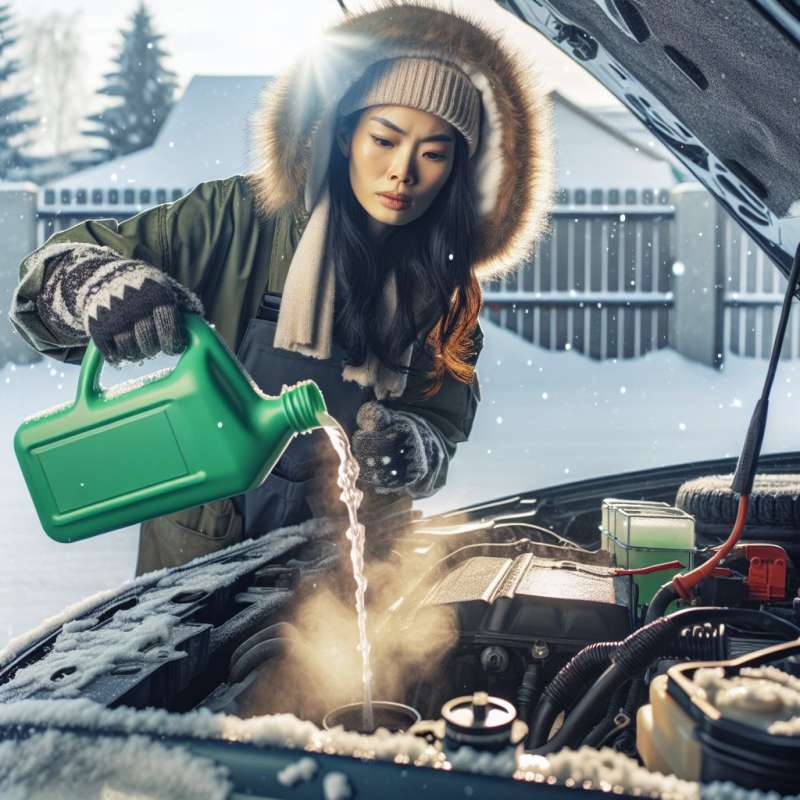
Winterizing Your Car
Preparing for winter is crucial for your car's longevity. Begin by checking the antifreeze level, battery health, and tire condition. Winterization keeps your vehicle reliable in cold conditions.
Antifreeze: Your Car's Protector
Antifreeze, a key engine coolant, is essential for preventing freezing and corrosion. A 50/50 mix of antifreeze and water is optimal. Check the mixture's ratio before temperatures plummet.
Battery Capacity in Cold
Cold weather can reduce your battery's capacity by up to 50%. Test your battery and replace it if older than 4-5 years to avoid unexpected failures on chilly mornings.
Tire Pressure Fluctuations
For every 10°F drop in temperature, tire pressure decreases by 1-2 psi. Regularly check and adjust the pressure to ensure optimal grip and prevent tire damage.
Synthetic Oil Benefits
Synthetic oil flows better in cold weather than conventional oil. Consider switching to synthetic for easier winter starts and better engine protection.
Waxing for Paint Protection
A fresh coat of wax can shield your car's paint from ice, salt, and road chemicals. Apply a quality car wax to protect the finish throughout winter.
Undercarriage Care
Salt and brine used on icy roads can lead to undercarriage rust. Rinse the undercarriage periodically in winter months to prevent corrosion and extend your car's life.Windshield Washer Fluid Surprise
Did you know? Some windshield washer fluids can freeze at temperatures below -20°F, potentially cracking your fluid reservoir.
Optimal antifreeze/water mixture ratio?
70/30 antifreeze to water
50/50 antifreeze to water
30/70 antifreeze to water
Company